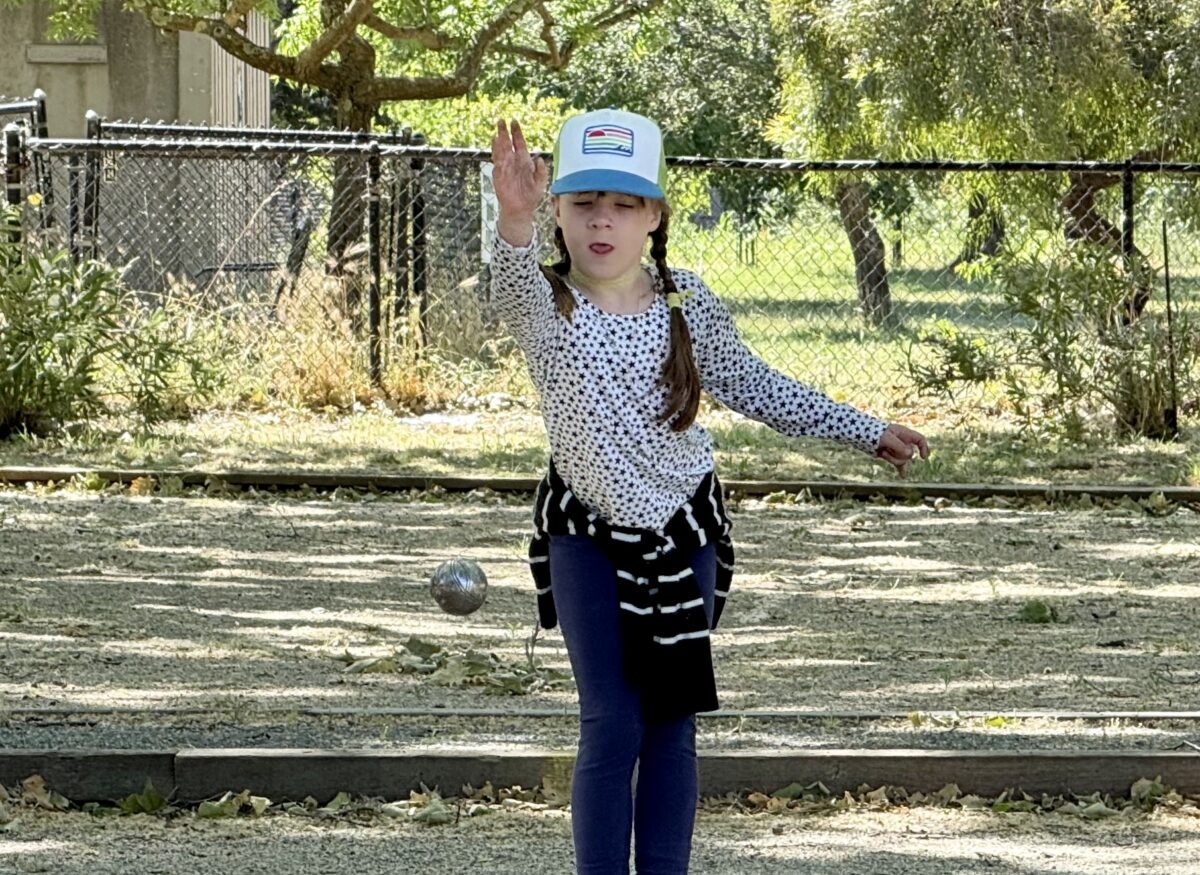A few years ago, people intent on separating you from your cash used rather crude methods.
They would stick a gun against your ribs and mutter something like “your money or your life”.
Not a very sophisticated method, and reeking of desperation.
Today, impervious to frontiers or weather conditions, cosmopolitan thieves operate from the comfort of their homes.
And home could be Houston, Kiev or Shanghai.
Crime, like commerce, has gone global.
Sitting in front of their computer, sipping coffee and munching on caviar-covered toasts, crooks leisurely drain your bank accounts. And they don’t have to hurry.
But if people rob you, it could be partially your fault.
Computers are now ubiquitous, but new users often lack the necessary sophistication to use them.
They are blissfully unaware of the dangers lurking in cyberspace and they are careless.
A computer, due to its extraordinary power, can be as dangerous as a loaded gun. And in many ways, it is a loaded weapon waiting to be fired.
Like a weapon, it should be handled carefully and kept out of the hands of babes. Let them get their own toys.
I am heartless I know, but feeling much safer than “laissez-faire” parents.
Your first defense against “cybermugging” is a good protection system.
Ideally speaking, barbed wires and landmines should surround your computer. And passwords and fingerprints should be required to enter your security zone.
You should absolutely use an anti-virus program (don’t let it expire) and employ a bunch of passwords to protect your goodies.
I said “passwords” because you should use more than one password to protect your belongings.
I know, it is a pain, but just like vaccines it is necessary.
When you think passwords, think Resistance. Little individual cells fighting the System.
Resistance is a large movement but to remain less vulnerable, it must be compartmented. The cells should be small and the members of any given cell should not know the identity of another cell.
Same with passwords.
If a crook gets hold of one of your password, it should not give him full access to all your accounts.
Your hard disk should be like a ship with good water compartments. If one gets flooded, the entire ship won’t necessarily be lost.
Passwords should be difficult to break. It should have at least 8 digits and have a combination of lower and uppercase characters, little used symbols and numerical characters.
It should never be your birthday or your grandchild’s name!
Computer thieves’ use sophisticated software programs to bust a weak password in a matter of seconds.
Once inside your machine they will behave badly, like teenagers whose parents are away. When you’ll regain control of your computer you will have to call an exterminator.
Keeping track of all the passwords can be difficult, but not impossible.
The easiest way is to use a Password Manager.
Something like LastPass or Dashlane.
These programs will encrypt and remember your passwords, and tell you if they are childishly weak or strong enough to withstand an attack.
One more time be watchful and don’t let anybody play with your computer.
Keep an eye on passwords and don’t hesitate to change any of them if you suspect any foul play.
Alain
